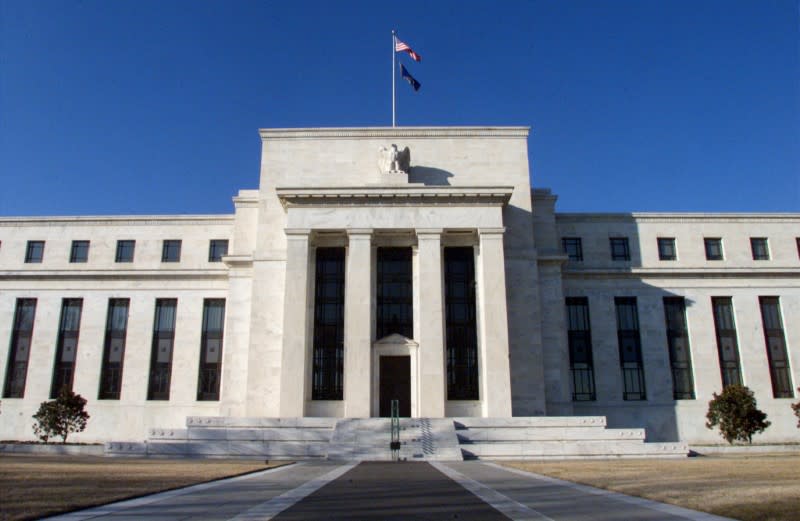Sticky Inflation Challenges the Fed – and Raises the Odds of Recession

The personal consumption expenditures index rose 0.6% from December to January, the Bureau of Labor Statistics said Friday, raising new concerns about the persistence of inflation in the U.S. economy.
Closely watched by the Federal Reserve, the PCE index rose 5.4% on a 12-month basis. Both the monthly and yearly readings exceeded economists’ expectations, with the monthly number showing a particularly sharp increase. The core PCE index, which excludes volatile food and energy prices, also increased more than expected, rising 0.6% on a monthly basis and 4.7% on an annual basis.
The report dashed hopes that inflation is declining steadily and suggests that the Federal Reserve has a long way to go in its battle to push inflation back down toward its pre-pandemic level closers to 2%.
“Today’s report shows we have made progress on inflation, but we have more work to do,” President Biden said in a statement.
What the experts are saying: Stocks tumbled Friday as investors took in the hotter-than-expected inflation data, and many analysts said the report likely means the Fed will have to raise its key interest rate higher and keep it high longer than previously expected, increasing the risk of recession.
“The likelihood of achieving a soft landing dips, with the risk of no-landing potentially forcing the Fed to push rates higher and hold longer, with greater risk that this ultimately pushes the economy into a mild recession,” said Evercore’s Krishna Guha, per Bloomberg.
Tuan Nguyen, an economist at RSM, said the latest inflation report suggests that the Fed will raise rates at least three more times, with a potential peak rate of 5.5%. “Rising prices and spending indicated that overall demand remained robust, which does not offer the Federal Reserve any relief because it is trying to target demand,” he wrote. “While we have passed the worst of inflation, the sharp rebound in January serves as a reminder that the road to the Fed’s 2% goal will be long and bumpy.”
Soft landing unlikely? A recent paper written by a group of economists including Michael Feroli, chief U.S. economist at JPMorgan, and Frederic Mishkin, a former Federal Reserve governor, found that over the last 70 years, when central banks raise interest rates to combat high inflation, recession is the all-but-inevitable result.
“There is no post-1950 precedent for a sizable ... disinflation that does not entail substantial economic sacrifice or recession,” the paper says.
In a review of the research, which was discussed at a meeting of Fed officials Friday, Christopher Rugaber of the Associated Press said the “paper coincides with a growing awareness in financial markets and among economists that the Fed will likely have to boost interest rates even higher than previously estimated.”
Still, some Fed officials hold out hope that this time may be different. “History is useful, but it can only tell us so much, particularly in situations without historical precedent,” Philip Jefferson, a member of the Fed’s Board of Governors, said Friday.
